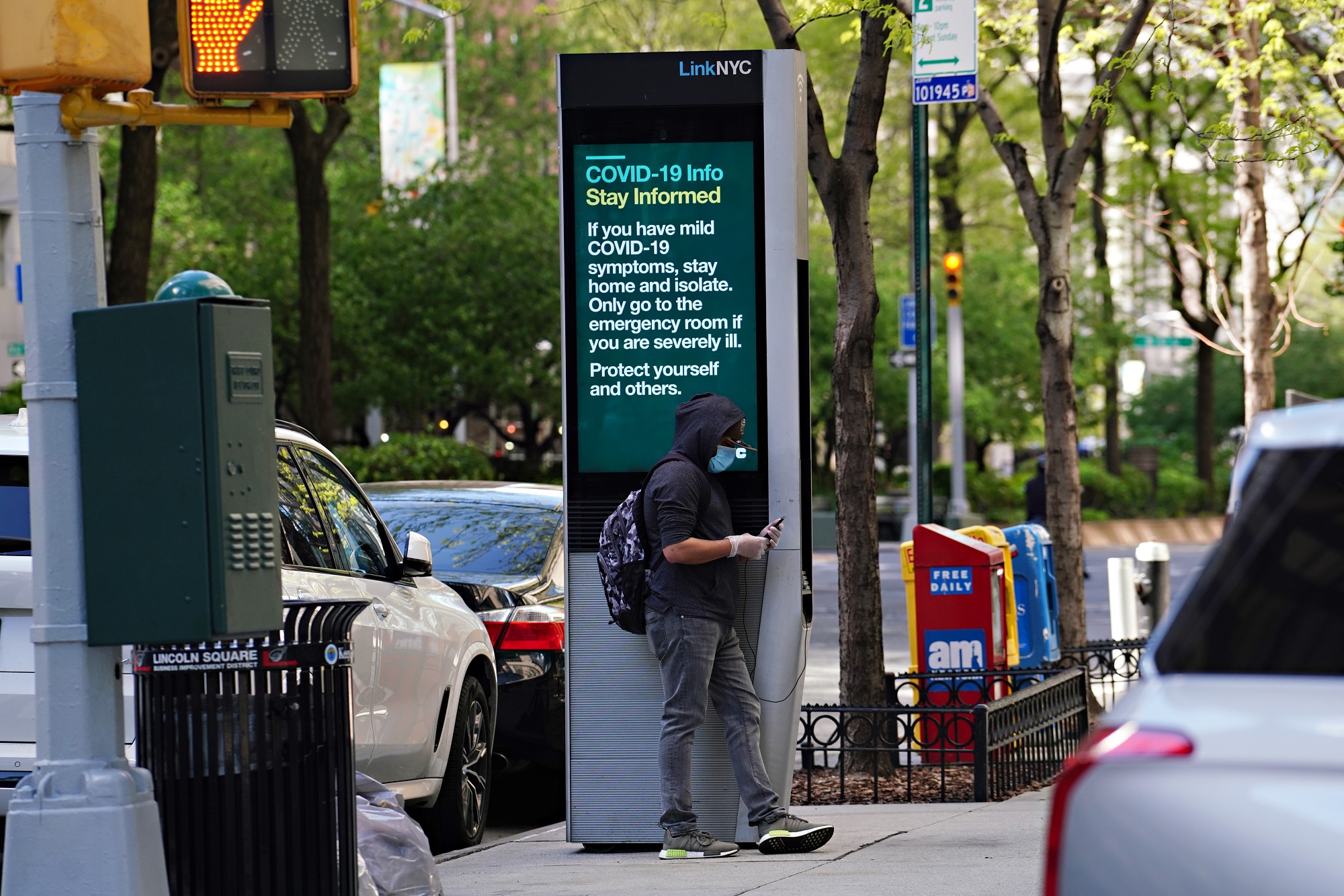As tempting as they might be, you should probably avoid using the free charging stations that you see in airports, hotels, shopping centers, and even outside. According to the FBI’s Denver Field Office, hackers have found ways to use public USB ports to put malware and monitoring software onto the phones and tablets of unsuspecting users. Of course, not every public USB port is a threat, but it’s better to be safe than sorry.
FBI: Free charging stations put devices at risk
Last week, the FBI shared the following warning on Twitter regarding free charging stations. It’s unclear what prompted the tweet, but there have presumably been enough incidents that the Denver Field Office deemed it necessary to issue a warning:
As the FBI notes in its tweet, there is a simple alternative to plugging your device directly into a public USB port: Just use an electrical outlet instead. Carrying around a charging brick isn’t ideal, and finding an accessible outlet isn’t always easy, but at least you won’t have to worry about bad actors surreptitiously installing malware on your phone.
The FCC refers to the tactic of infiltrating devices via USB charging stations as “juice jacking.” The agency warns that malware installed through a “dirty” USB port can be used to remotely lock your device or export your personal data and passwords to a hacker.
The FCC also shared the following tips to avoid becoming a victim of juice jacking:
- Avoid using a USB charging station. Use an AC power outlet instead.
- Bring AC, car chargers, and your own USB cables with you when travelling.
- Carry a portable charger or external battery.
- Consider carrying a charging-only cable, which prevents data from sending or receiving while charging, from a trusted supplier.
Keep all of this in mind before you plug your USB cable into any old port you come across.
For all the latest Technology News Click Here
For the latest news and updates, follow us on Google News.

